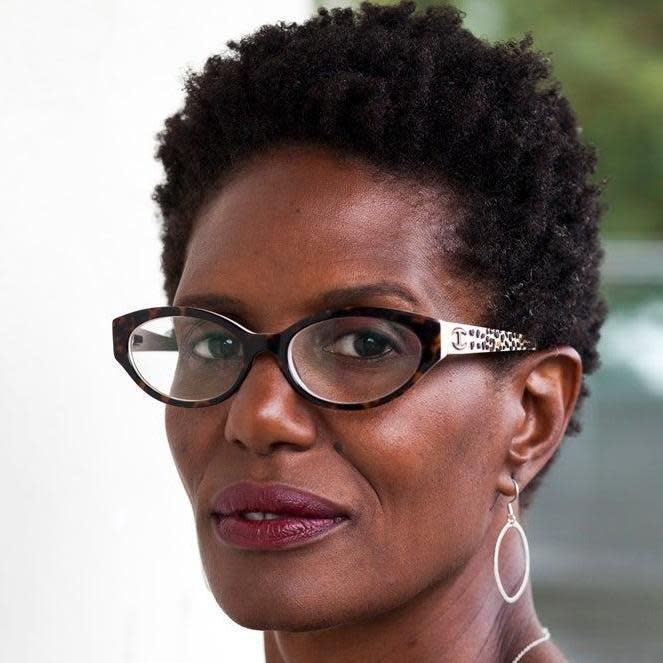Don’t call me BAME — it is a negative term

I had a landmark Twitter moment this week: the first of what social media managers call “negative sentiment” from something I’d posted on Twitter.
Someone reached out to tell me nobody gave two hoots (not quite the phrase they used, but you get the gist) about #BAMEOver, a campaign I kicked off last month — and which, contrary to the views of my Twitter detractor, attracted huge interest.
In September I ran a survey that asked “how do you refer to your ethnicity?”
It was in response to the universal (trust me twittersphere, it’s universal) hatred of the term “BAME”, an ugly acronym most commonly used by newspapers and in government communications.
I had 1,000 responses, and hundreds joined me in a zoom debate to discuss and decide on our preferred terms of reference. “BAME” is a term of reference that’s informed by a well-intentioned desire to reflect the richness of ethnic and cultural difference in the UK.
But here’s the thing — almost everyone whom it includes rejects the term. I’m not “BAME”: there’s no such place as “BAME land”. It’s used solely with reference to the marginalisation and abuses faced by people who have lived experience of racism — whether direct, or systemic. BAME is a shorthand for the disadvantage experienced as a result of one’s ethnic and cultural heritage. No one describes you as “BAME” when you achieve recognition and visibility. Barack Obama was never referred to as a “BAME president”.
No one describes you as BAME when you are successful. Obama was never called a BAME president
As well as the sole Twitter hater I’ve received hundreds of responses saying, thank you for helping me know how to refer to people without causing offence. Thank you for navigating the slippery terrain of terminology. And thank you for amplifying our voice. Our #BAMEOver statement is being adopted by government bodies, universities, and across a swathe of industry sectors. I hope the Evening Standard gets on board too, to make sure we drive the final nails into the BAME coffin.
I’m guessing my detractor doesn’t personally know anyone who has experienced racism. Otherwise they’d understand the power of language, and the act of positive allyship demonstrated when you take a second to think and ask, “how do you describe your ethnicity?” If you’re someone who cares about eradicating racism, this is a small step towards that goal. If you’re not sure, ask. If you want more, read our #BAMEOver statement.
Amanda Parker is the founder of Inc Arts

 Yahoo News
Yahoo News 